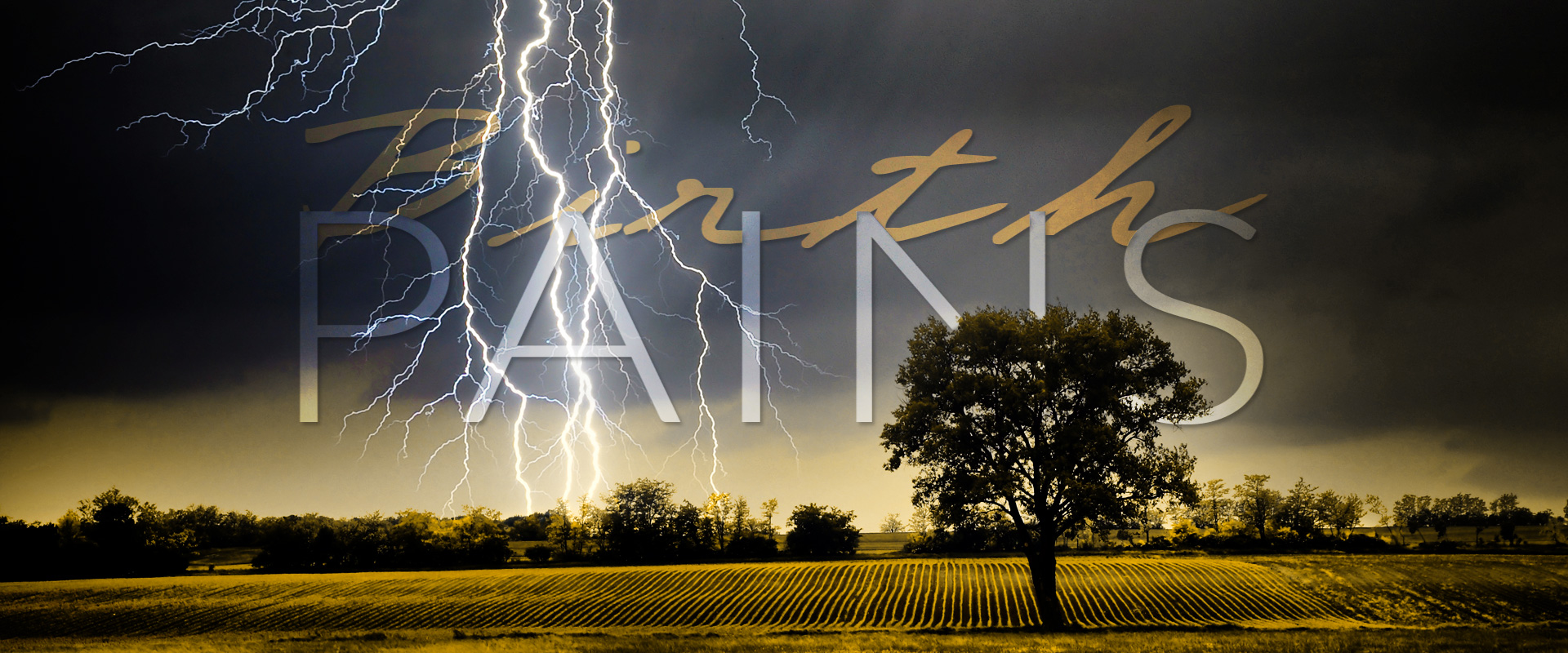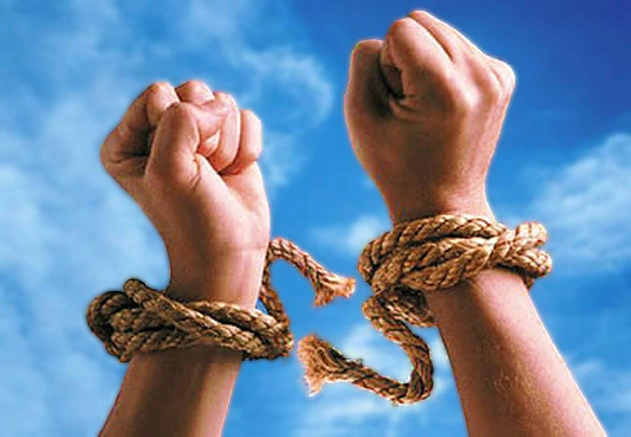“Who are Israelites, to whom pertain the adoption, the glory, the covenants,
the giving of the law, the service of God, and the promises;
of whom are the fathers and from whom, according to the flesh, Christ came,
who is over all, the eternally blessed God, Amen”
(Romans 9:4-5).
We use expressions related to playing in many senses: “play both sides” when you are being two-faced; “play with fire” when you take unnecessary risks; “play cat and mouse” when a person tries unsuccessfully to get in touch with another; “play for keeps” when you risk everything and stop at nothing; and “have the upper hand” when we have conditions, situations, and extra help (lawful or not) that guarantee us the victory.
Saul of Tarsus seemed to have the upper hand. His résumé said that he was circumcised on the eighth day and was a Jew of special lineage, a member of the exclusive Pharisee party, zealous for God, organizer of the persecution of Christians, devoted defender of the law, and blameless in behaviour (Phil. 3:5-6). Nevertheless, these human advantages were anything except advantages, and were overshadowed when the light surrounded him on the road to Damascus.
The nation of Israel also had the upper hand: it was adopted as a son and saw the glory of God; the Lord made a covenant with it; He gave it the Law, worship services, and His promises; and it was the channel to bless and illuminate other nations and prepare the coming of the Messiah. However, very often advantages are not used or they distract from the center of attention.
On December 29, 2019, the traditional Saint Silvester Street Race took place in Sao Paulo, Brazil. Kibiwott Kandie, a twenty-three year old Kenyan, was crowned winner of this, the ninety-fifth edition of one of the greatest races in the country and in the world. Jacob Kiplimo, a nineteen year old native of Uganda, who dominated from beginning to end, seemed unbeatable, but a sprint at the last minute gave the victory to Kandie, who had been running comfortably and distant in second position.
It was the final meters that Kandie showed that he still had reserves and went past tha Ugandan at the last second. Kandie registered a time of 42 minutes and 59 seconds, becoming the first athlete to finish the fifteen kilometer race in less than 43 minutes, while the one who had all the advantages finished in second place by only one second!
It is time not to play with fire and to play for keeps,
without dawdling, falling asleep, or being distracted by advantages,
and taking advantage of every opportunity to grow in faithfulness.
Victor Hugo said that “the future has many names:
For the weak, it means unattainable.
For the fearful, it means unknown.
For the courageous, it means opportunity.”
God bless you, let’s be courageous together with the Lord…










